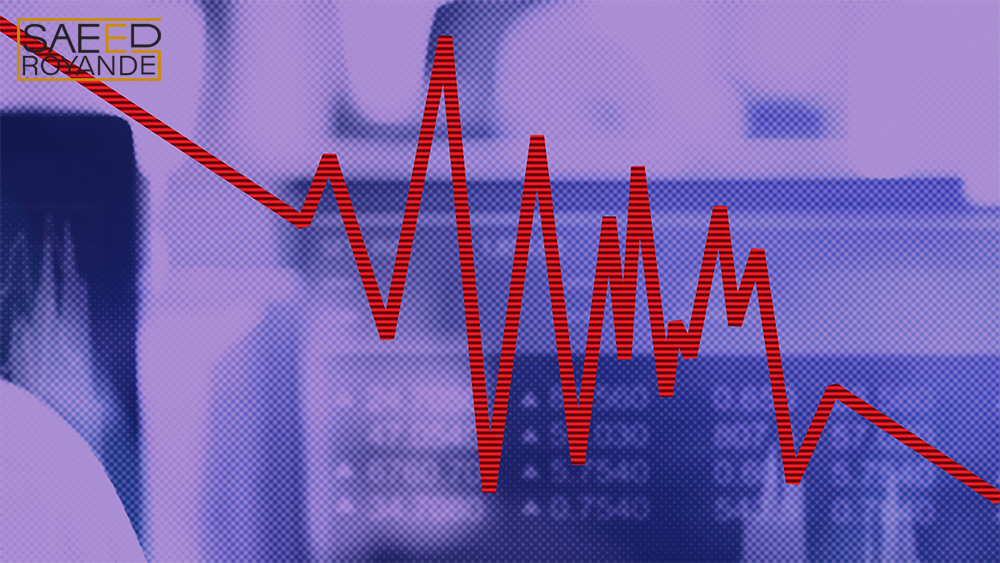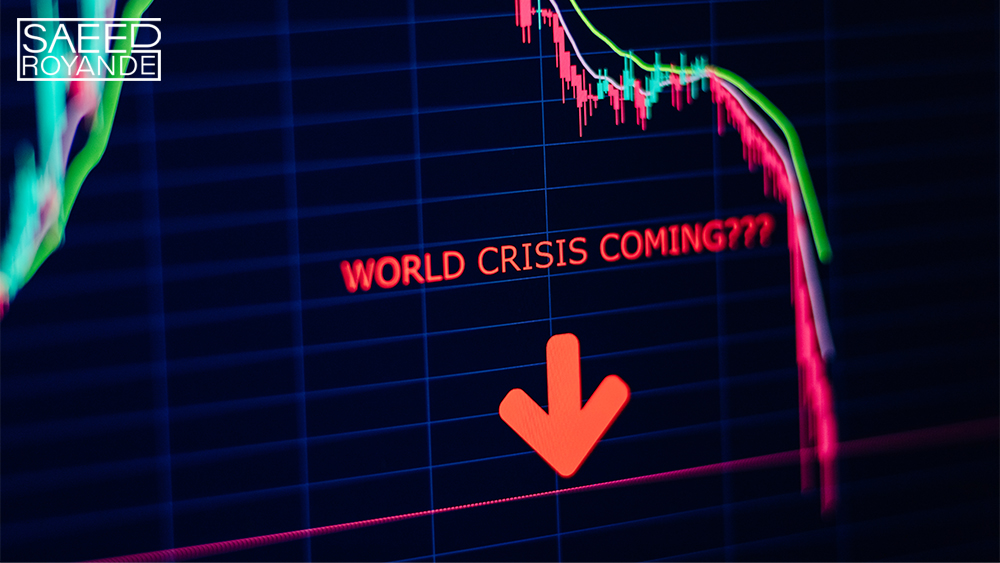Fiscal and monetary policies in a country or area should serve as economic stabilizers and be designed to be counter-cyclical. In the years preceding the Great Recession, both policies in the US and the Eurozone were excessively accommodating, which encouraged the formation of financial and macroeconomic imbalances. The fiscal and monetary authorities may have decided to stimulate the economy more than they should have, given that it was already growing above its potential, or they may not have correctly read the phase of the business cycle in which the economy was in, believing that there was still room for further growth, as two possible explanations. During the Great Recession, the economy was already growing over its potential, and this could have persuaded the government to assume that additional fiscal or monetary measures were necessary to increase demand. However, the monetary policy almost caused the economy to crash.
How does monetary policy affect economic growth?
The amount of money on hand is strictly regulated by the central bank in an effort to keep prices stable. As a result, monetary policy can influence economic growth in a variety of ways while also serving to stabilize it. It is possible that the extent of such a role is constrained by the concurrent pursuit of other principal objectives of monetary policy, the type of monetary policy transmission mechanism, and various other considerations. Monetary policy contributes to long-term growth by ensuring price stability. Monetary policy employs its powers to effectively manage the money supply in order to ensure price stability over the medium to long term since continuous price increases are regarded to be a monetary phenomenon. The literature on the theory and empirical data suggests that reduced prices are linked to long-term sustainable growth. In other words, high inflation has a negative impact on the economy’s long-term health and well-being. Many factors influence financing conditions in an economy, not simply the cost of borrowing but also how much credit is available, how ready banks are to take risks, and so on. Economic activity and inflation are influenced by expectations about the future direction of the economy, which affects the pricing of goods and asset prices as well as the exchange rates and consumption and investment.

Businessman broker working stock market
Economic conditions and monetary policy
Economic policymakers rely on accurate assessments of the conjunctural circumstances even with the most sophisticated economic models. However, the most common indicators of the business cycle are prone to a wide range of measurement mistakes. If only cyclical positions are taken into account, policymakers can be significantly mistaken in their current conjunctural judgment. There may have been an excessive and, at times, unsuitable monetary policy approach because of the importance of these indicators to the execution of flexible inflation targeting (FIT). In financial education, the study of monetary policy frameworks containing financial stability risk has demonstrated that policies affect economic conditions and vulnerabilities in the economy that magnify negative shocks. By encouraging financial sector risk-taking and non-financial sector borrowing through monetary policy, monetary policy improves financial conditions but can, in some cases, aggravate vulnerabilities. When it comes to monetary policy, policymakers face an intertemporal trade-off between financial conditions and vulnerabilities.

Economy crisis panic stock market crash graph
The impact of democratic monetary policy on the economy
Elected officials approve tax and expenditure measures through the legislature to implement fiscal policy. Monetary policy might be handled in the same manner. If elected politicians make mistakes, it’s better than having political appointees, who are not accountable to the public, make them. After all, most central banks around the world pick bankers and economists to hold the highest positions of authority. These individuals represent neither small companies nor farmers nor labour unions. There might be a delay in raising interest rates if central banks were forced to pay greater attention to the actual economy.

Euro currency money banknotes
Effects of wrong monetary policy on the economy
Non-standard or wrong monetary policies can harm the economy. Inflation can occur if central banks conduct quantitative easing (QE) and quickly raise the money supply. Too much money in circulation but not enough commodities to go around can cause this. Negative interest rates can also encourage people to spend their money rather than save it, which can have a negative impact on the economy. The Fed’s massive purchases of Treasury bonds and mortgage-backed securities (MBS) could induce the private sector to invest in riskier assets as a result since it raises the central bank’s balance sheet, which is a risk to manage.


